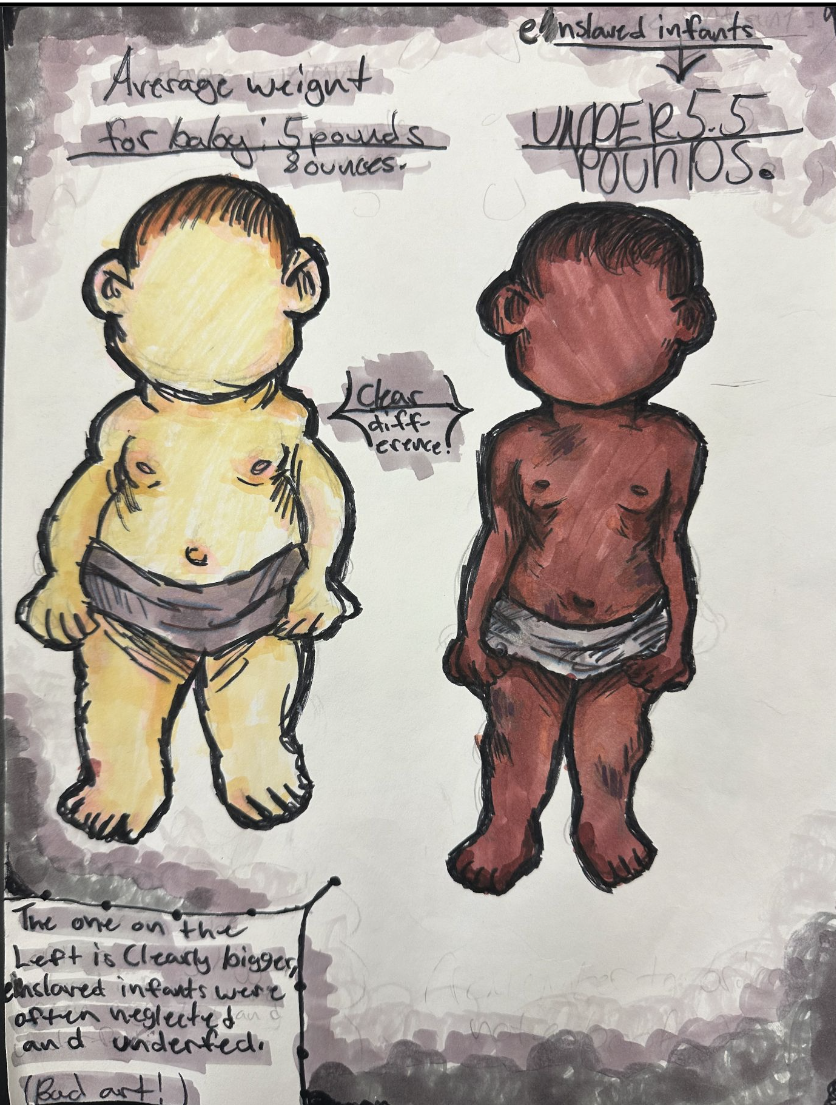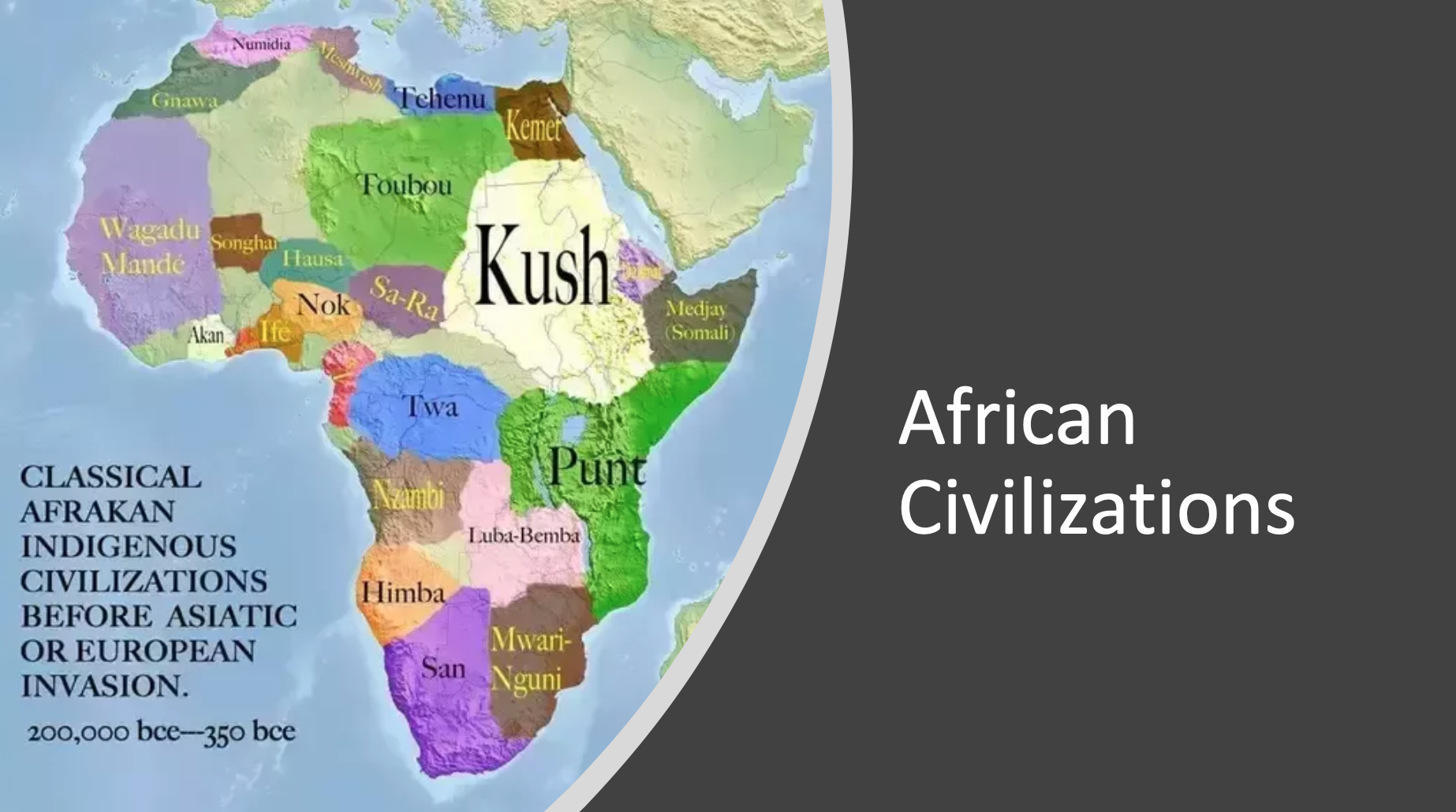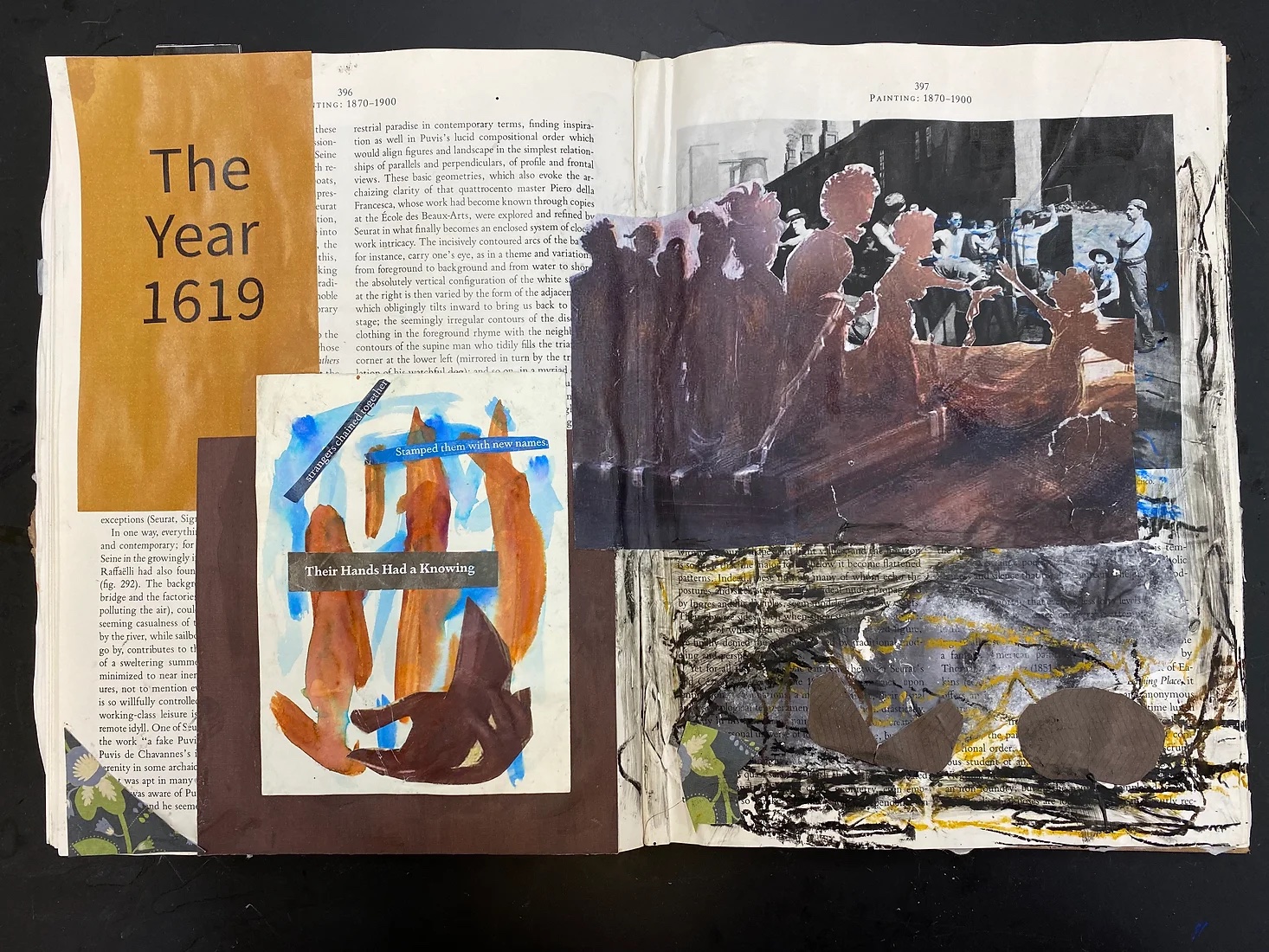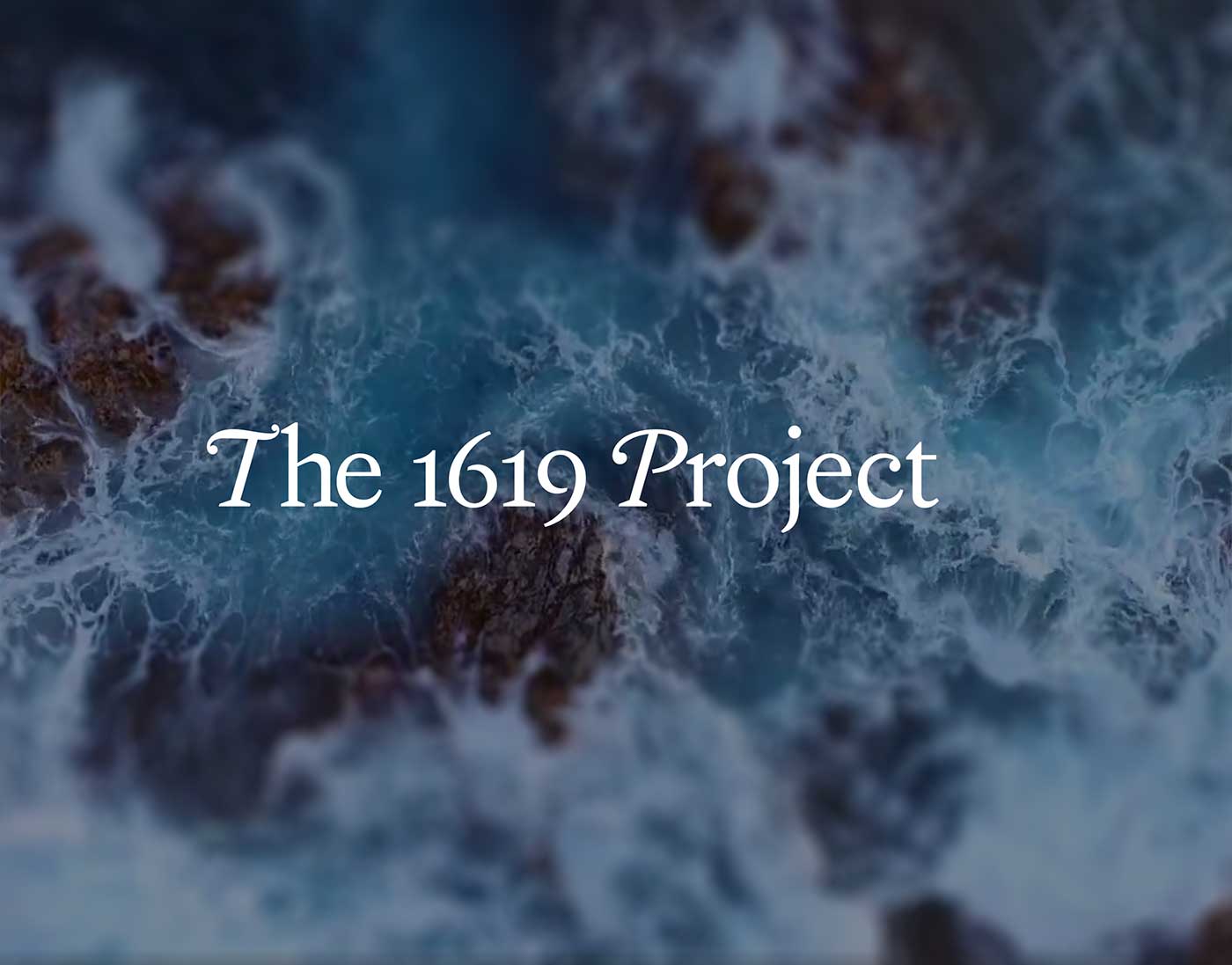Middle School
-

Students research significant and often overlooked moments of American history and communicate their findings through art by creating data visualizations.
-

Students explore the history of education inequity and activism nationally and in New Jersey. They then use their knowledge to determine the most effective ways to bring equity to urban education.
-

Students consider whether the United States is undergoing a third Reconstruction by analyzing key events, figures and movements from the past.
-

In this project-based unit, scholars explore early African civilizations, analyze the history of enslavement in America, and research the impact that abolitionists made in ending enslavement.
-

Students explore how composition conveys meaning imbued with the point of view of the composer. They apply this learning to explorations of local history, primary sources, poetry, and art projects.
-

Students apply research, photography, writing, and interview skills to explore the Black community's sense of belonging and memory in Athens, GA.
-

Students explore how cultural identity is informed by history through engagement with “The 1619 Project," and ultimately create Altered Books to reflect what stories they think should be amplified.
-

Units
Walking Democracy
Students explore the cultural and creative traditions that were carried northward as people migrated in the lead up to the March on Washington.
-

Resource Guides
The 1619 Project Docuseries Viewing Guide
This resource serves as a viewing guide for The 1619 Project docuseries. It includes time-stamped sections, guided questions, and a topic index for each episode.
-

Students examine how the legacy of slavery impacts a range of contemporary issues in Chicago.
-

Activity
1619 Foundational Inquiry
An extended engagement activity to guide students through close reading and analysis of select essays from The 1619 Project.
-

Units
The African and African American Experience of Slavery from Pre-Colonial Africa to the New Republic
Students investigate slavery and resistance to enslavement in West African societies, then compare the characteristics of slavery and indentured servitude in the colonies through writing and art.






















